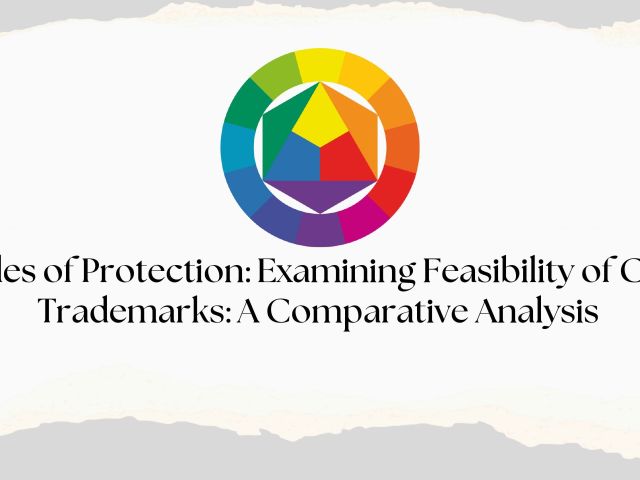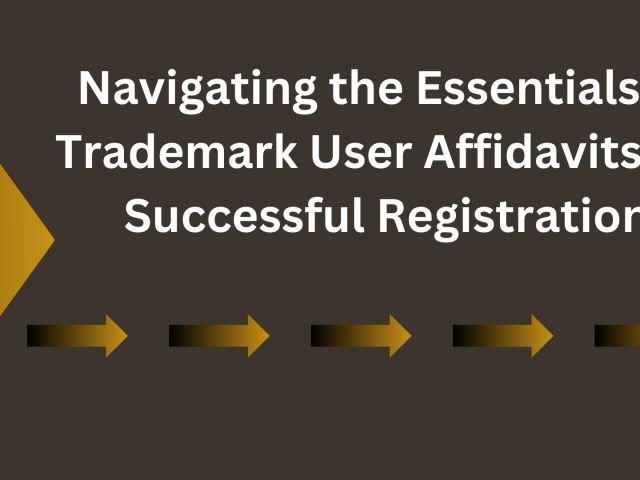Google. When you hear this word, the first thing that comes to mind is surfing the Internet. Over the years, Google has become synonymous with searching for something on the Internet. In reality, there are a lot of search engines like Yahoo, DuckDuckGo, and Bing, among others, and Google is just one such search engine. However, the constant usage of Google as a verb to describe the act of searching the Internet has opened doors to the danger of Google becoming a generic trademark.
What is a Generic mark?
A generic word is any word that describes a class of goods or services. For example, shoes, pens, and chairs are all generic terms. A generic word can never be registered as a trademark because no single business can have a monopoly over generic terms. If you manufacture chairs, you cannot name your business chairs. It is, however, essential to note that you can use a generic word to describe completely unrelated goods. Apple is a good example.
Can a Trademark Become Generic Over some time?
Absolutely. A trademark may be an abstract term that could later become generic, and this phenomenon is described as Genericide. To better explain it, Genericide is when a brand becomes a generic word for the product or service it represents. This, however, does not happen overnight, and it occurs only after years of continuous usage. After Genericide, the public will never associate the word with one specific company. Some trademarks that have fallen prey to Genericide are Cellophane, Escalator, and Thermos.
Is Google now a Generic Trademark?
The fate of Google was decided in the case of Elliot and Gillespie v. Google Inc. This case arose when Elliot and Gillespie registered hundreds of domain names with the word Google in them. Subsequently, Google filed a petition of trademark infringement against them, and Elliot and Gillespie were ordered to forfeit the domain names. Elliot and Gillespie, on their part, filed a petition to cancel the trademark for Google because, according to them, Google has become synonymous with ‘Search the Internet,’ which made it a generic word.
The Court held that, despite being used in a generic sense sometimes, Google is still a valid trademark. The public recognizes different search engines and associates them with the source. Just because the general public uses a word as a verb, it does not make the word generic. Google was not the only word used to describe a search engine. The Court, therefore, ruled in favor of Google and retained it as a valid trademark.
How to avoid Genericide?
Genericide is something that could happen over a few years. You can take some steps so that your trademark does not meet the same fate as Cellophane or Aspirin. Make sure you tell the public, whenever possible, that your trademark is the source of the product and not the product itself. To ensure this advertises the trademark along with the general term for the good or service. For example, if you manufacture recliners under the name LAZY CHAIR, make sure the advertisement reads something like LAZY CHAIR: COMFORTABLE RECLINERS.
From the beginning, if you draw a clear distinction between your trademark and the product or service it represents, the chances of your trademark getting invalidated because of Genericide are much lesser.
[cherry_button text=”Have Questions? Reach Us” url=”https://www.intepat.com/contact-us/” style=”success” centered=”yes” fluid_position=”right” icon_position=”top” bg_color=”#ea9525″ min_width=”33″ target=”_blank”]




